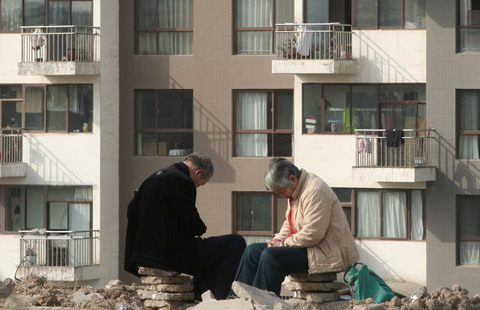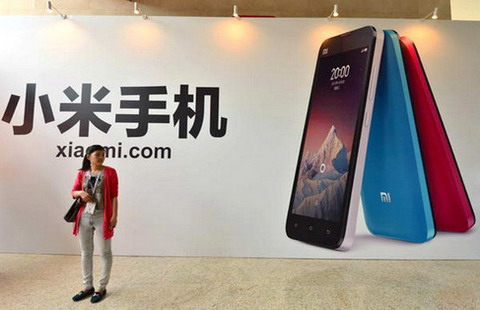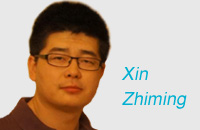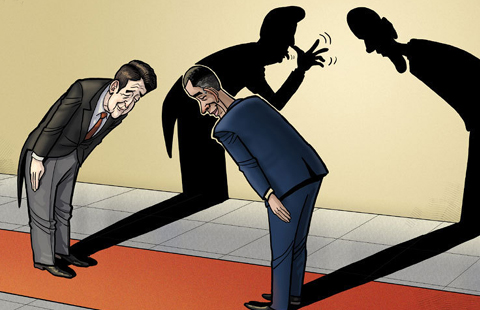Quality matters, not quantity
By Zeng Peiyan (China Daily) Updated: 2014-12-29 07:37In the new normal, the middle-income group will be the main consumers at home. By 2020, this group will have about 600 million people, and their overall annual consumption will be three times that of 2010. China will have a large and mature consumer market and people's increasing purchasing power will be more stable.
To harness the potential of the new normal and avoid falling into the middle income trap, the Chinese government must press ahead with reform, opening-up and innovation, and make good use of the Chinese economy's resilience, potential and space.
Reform and opening-up is a basic State policy in China, and it is crucial for China's future. Reform can create new institutional conditions for the necessary innovation, while opening-up can help China benefit from international experience.
China has basically established a socialist market economy. But market reform is far from finished. An important mission for future reform is to remove the institutional obstacles that are against the basic rule of the market economy.
To make the best use of the new normal, China must let the market play a decisive role in allocating resources, and let all economic players actively participate in the market. The government should divert its attention from prior approval to supervision and build a fair and transparent market environment.
Declining exports require China to implement new countermeasures in its outbound economic activities. China also needs to actively participate in global governance reform and promote the construction of multilateral and bilateral trade and investment systems.
Making innovation the top priority in economic development is essential if China is to overcome the middle-income trap. While technological innovation is the core, innovation also refers to business model innovation and management innovation.
The government needs to ensure the financing for innovation, protect intellectual property rights and lower the tax burdens for innovators.
The author is president of the China Center for International Economic Exchanges and former vice-premier.











